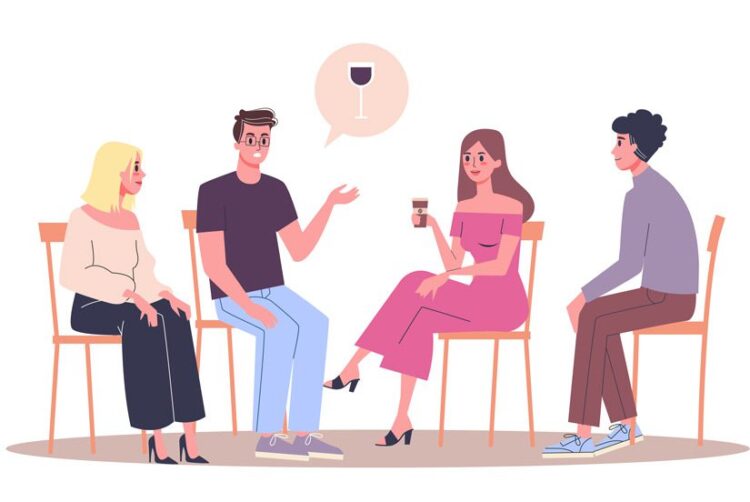Drug and alcohol addiction treatment in a professional setting is critical for anyone with a moderate to severe addiction. It may seem like the solution is simple – just stop using the substance. But willpower alone is not enough. Addiction is a chronic brain disease that responds best to medical and therapeutic intervention.
What Happens in the Brain When Someone Suffers from Addiction?
Addiction is a complex condition impacting the function of the brain. When a person uses drugs, those substances interfere with the way the neurons in the brain send and receive information. It also changes how they process the signals they receive through neurotransmitters.
Drugs like heroin and marijuana typically activate the neurons, making them work faster and harder. These drugs stimulate the neurons to function, but they do not activate them in the same way as the brain’s natural neurotransmitters do. Instead, they send abnormal messages through the brain.
Other drugs have a different impact on the brain. For example, cocaine and amphetamines cause a large release of natural neurotransmitters into the brain. Some drugs also interfere with the transporters in the brain that carry signals to and from cells. All types of drugs prevent the brain from engaging in its normal communication, memory, and recycling processes.
The Lure of Pleasure
Many people use drugs for the pleasure or euphoria they create. A person feels “high” when the drugs trigger a release of endorphins, the “feel-good hormones,” into the body. These hormones stimulate the reward circuit, the area of the brain that processes pleasure. The brain is programmed to seek out experiences that cause pleasure, over and over again. Drugs that stimulate that reward circuit are addictive because they cause the brain to crave their continued use.
How Habit Forms
In a healthy brain, pleasure is a good thing. Things like eating, having sex, being creative, or interacting with friends trigger the brain’s reward center; the brain quickly learns to associate these activities with pleasure and seeks to repeat them. This is all natural and good if the activities are healthy ones. But when drugs or alcohol enter the picture, they create such intense pleasure that they wipe out any desire or ability to feel pleasure from healthy activities. The brain learns to crave only the drugs or alcohol.
Why You Struggle to Stop Using the Drug
Addiction is a complex brain disorder. The dopamine produced during drug use teaches the brain to keep seeking those drugs. Over time, the brain depends on the substances to work properly. The result is the forming of dependence.
You may have a drug dependence if you have symptoms such as:
- Intense cravings for drugs even when you want to stop using them
- Trying and failing to stop using drugs
- Needing to use more frequently and often in larger doses to get the same type of relief or pleasure
- Experiencing physical body pain, headaches, insomnia, and mood swings when you try to stop using the drugs
- Feeling the need to use drugs at odd times, such as at work or during the morning
Over time, it is hard to stop using, and that’s a key concern for many people who seek out drug and alcohol addiction treatment. With treatment, it’s possible to retrain the brain, reducing its need for substances.
Addiction Can Impact Anyone
Addiction isn’t just what happens to someone else. It can happen to you, your loved one, and even your teenager. Once addiction sets in, it’s nearly impossible for a person to stop using on their own because the brain is now wired to continue the substance use.
As hopeless as it may seem right now to stop using, help is available. Bel Aire will work with you and your family about your situation and help you determine what kind of treatment will work best for you.




